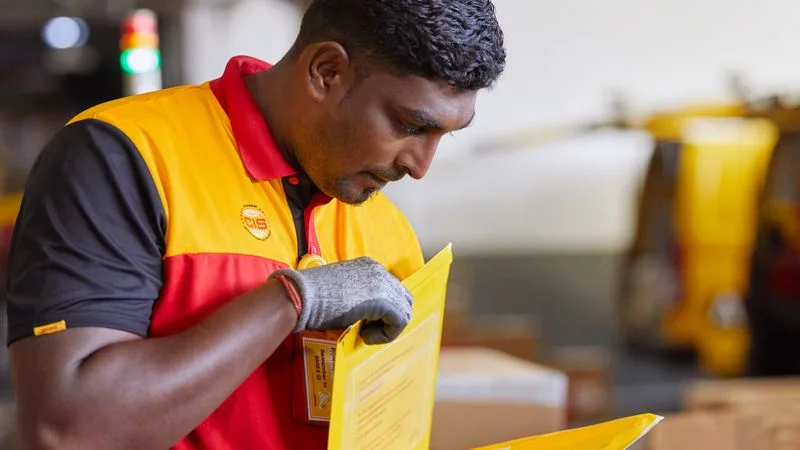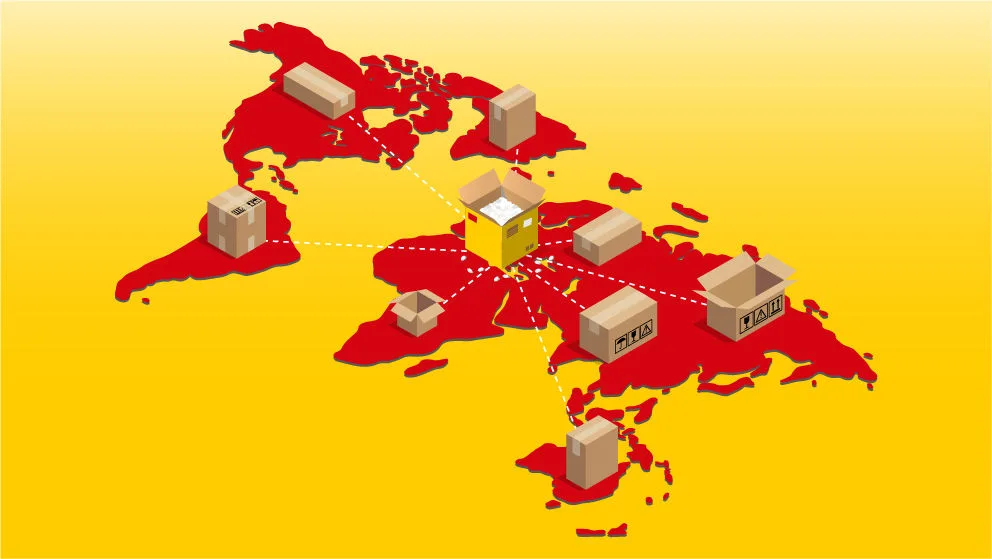
Cambodia's export market has witnessed a remarkable surge in recent years. In 2022 alone, the nation exported goods valued at approximately US$22.47 billion, as highlighted by Statista data. This booming trajectory underscores Cambodia as a significant player in the international trade arena. For businesses looking to tap into this lucrative market, navigating the intricacies of the Cambodian export taxation system becomes paramount.
Getting a grasp on this framework not only ensures compliance but also positions businesses to optimise benefits and streamline their international shipping endeavours.
Cambodian government bodies responsible for export regulation and taxation
There are key Cambodian governmental entities that shape the tax regulations and framework. These authorities not only define the rules of the game but also ensure that businesses maintain compliance while optimising their export potential.
General Department of Customs and Excise (GDCE)
The GDCE stands as the primary regulatory body overseeing Cambodia's exports and associated taxation. It's responsible for ensuring that businesses comply with customs regulations, processing export declarations, and collecting relevant taxes and duties. The department plays a crucial role in facilitating smooth international shipping by setting clear guidelines and ensuring efficient customs clearance.
Ministry of Commerce (MOC)
The MOC is integral to Cambodia's trade dynamics, primarily focusing on export licensing. Businesses looking to export goods out of Cambodia need to acquire necessary licences and permits from the MOC. Furthermore, the ministry is instrumental in shaping trade policies, negotiating trade and commerce agreements, and promoting Cambodian products in the global market.
Ministry of Economy and Finance (MEF)
The MEF takes the helm when it comes to the financial aspects of exports and shaping Cambodia’s taxation policies. It defines the export tax rates, evaluates potential tax incentives for businesses, and ensures that the country's economic interests align with its export strategies. The ministry's decisions are pivotal for businesses to understand the fiscal implications of their overseas shipping activities.















